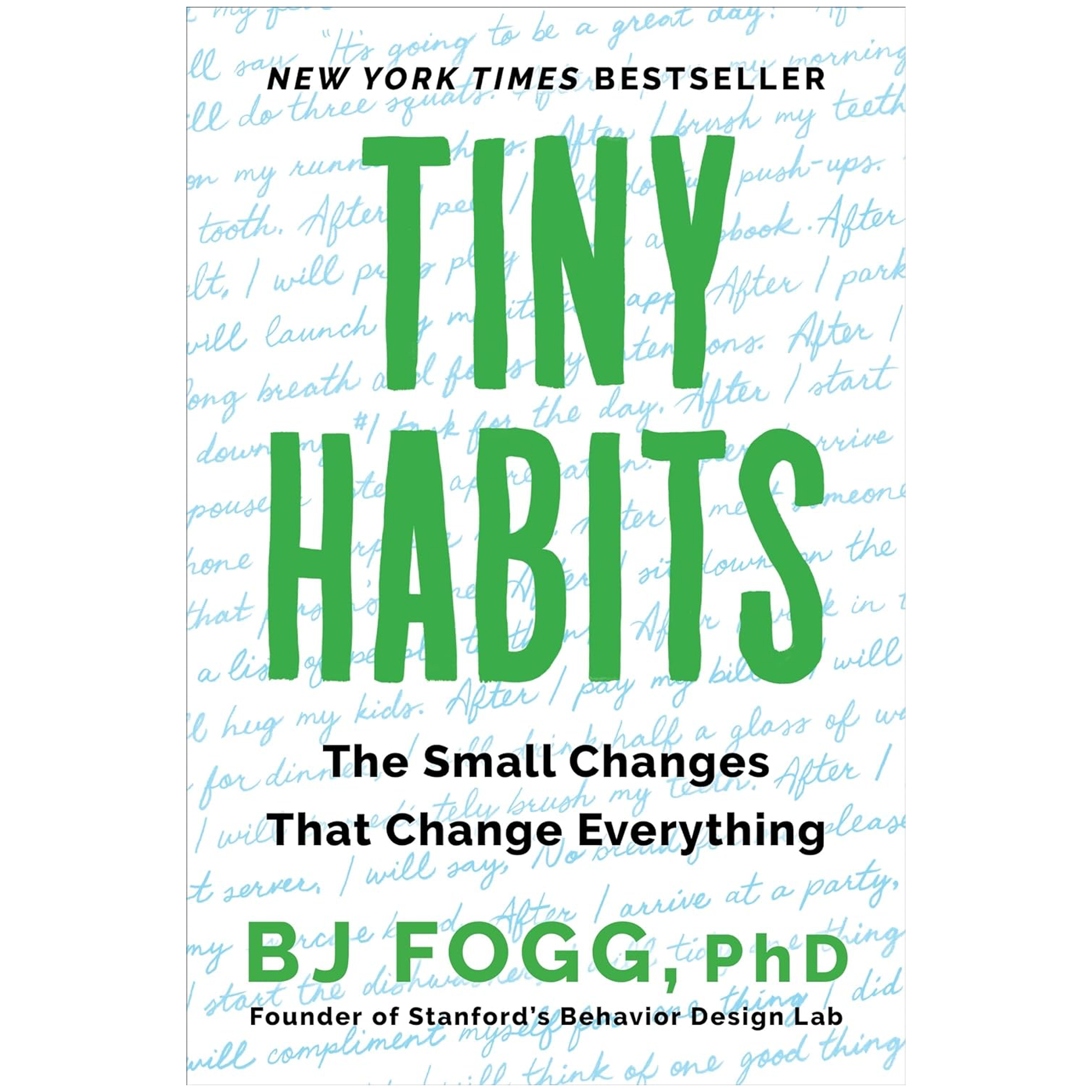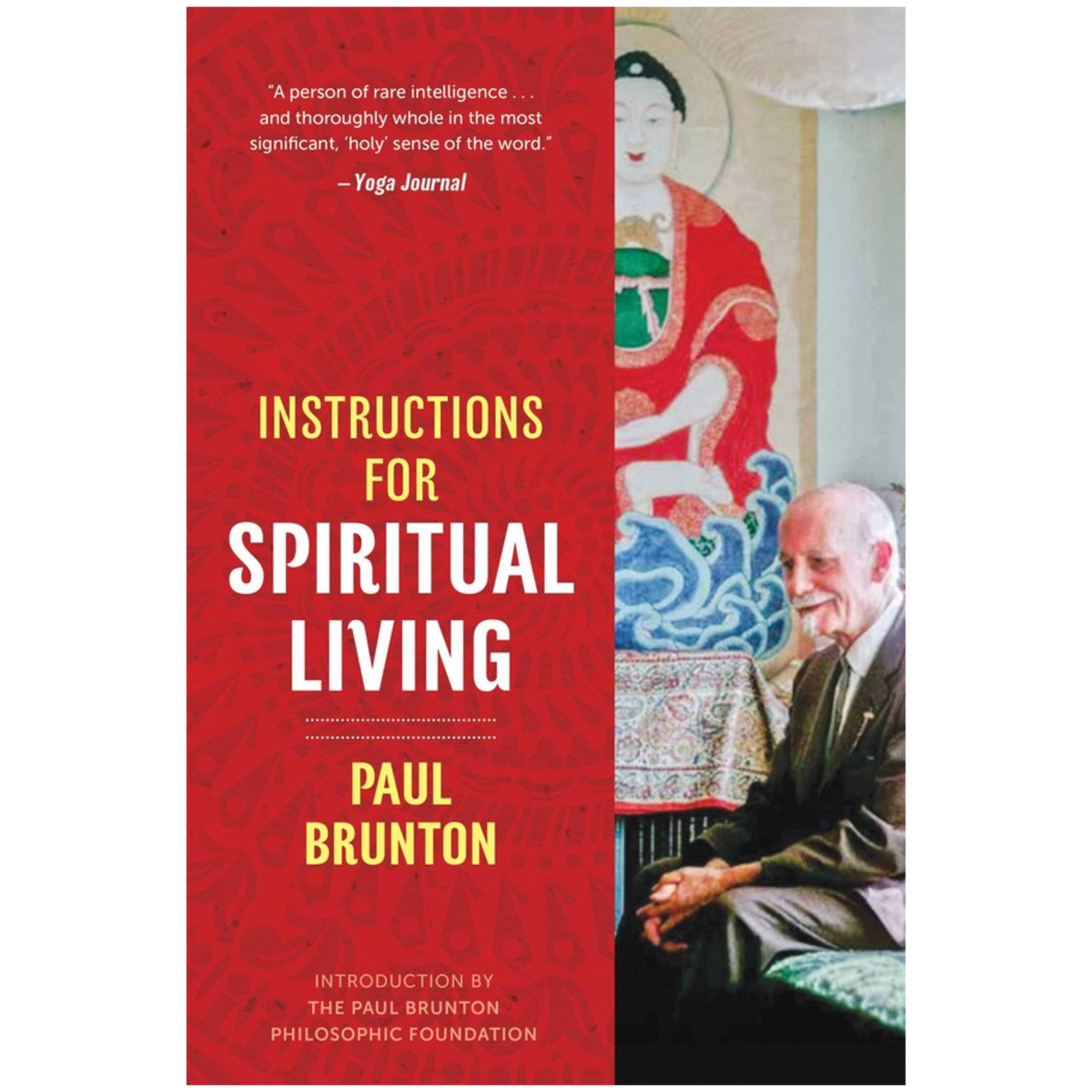Reading Time: 1 min 58 sec
I hope the next 24’ish breaths are the most nourishing of your day.
4 THOUGHTS
1. Something You Can Do Today (that may really help)
A 2025 study published in Nature Scientific Reports found that just 30 seconds of slow breathing (6-second inhale, 6-second exhale) reduced heart rate and anticipatory anxiety when participants were presented with uncertainty.
As the authors said, “It may be that slow breathing prepares the individual physically and psychologically for future anxious events.”
So next time you’re waiting for something stressful, try three slow breaths. It certainly won’t solve everything, but sometimes the simplest tools are the most effective.
2. A New Study Shows that Slow Breathing Protects Against Future Stressors
“These findings highlight the practical potential of SB [slow breathing] as an accessible and cost-effective intervention for mitigating anxiety and preventing stress response escalation.”
To piggyback on #1, this study, published just 3 weeks ago, found that 5 minutes of slow breathing (4-second inhale, 6-second exhale) helped protect against future stressors.
In their words: “This highlights the potential of SB as a proactive strategy for building resilience against acute emotional challenges.” 👏
3. The Path to Peace
“The path to peace is not to pursue certainty but to relax into uncertainty. To surrender to the ebbs and flows of life and accept things as they are instead of how you think they should be. It's not about trying to force things to happen a certain way but about trusting that you will be okay no matter what happens.”
- Joseph Nguyen, Don’t Believe Everything You Think
Amen to that 🙏
4. This Feeling Can Reinforce Behavior
“In my lab at Stanford some years ago, we wanted to see if using humor was an effective way to promote recycling. We rigged a recycling bin so people would hear a funny audio clip from The Simpsons every time they put something in…When people used this bin, they were surprised and amused. Some people looked for errant scraps of paper to put into the bin to hear more funny clips. Other people removed things from our bin and put them back in…A positive feeling from humor can reinforce behavior.”
- BJ Fogg, Ph.D., Tiny Habits
How good is that? It begs the question: How might we use humor and positive feelings to reinforce our breathing and/or meditation habit (or, for that matter, any habit at all)?
1 Quote
“It is needful periodically to put aside the things of time so as to seek the timeless, to isolate ourselves from the outward world so as to seek an inward one.””
1 GOOD BOOK
Tiny Habits by BJ Fogg, Ph.D.
This is my favorite book on habits. It truly changed my life about 4 years ago. When it comes to breathing, meditation, or anything else that makes us better, the practices are usually straightforward. The hardest part is consistency. This book makes that part easy.
In good breath,
Nick Heath, T1D, PhD
“Breathing is the compound interest of health & wellness.”
Enjoy these posts? Donate to say thanks!
Get My New Guidebook: The Anxious Person’s Breath Manual
Science-Backed Breathing Protocols for Stress, Anxiety, and Overwhelm That Actually Work
This isn’t another “just breathe” guide. Every technique is backed by rigorous research showing that these breathing exercises:
Reduce anxiety as effectively as CBT
Activate your vagus nerve (your body’s built-in relaxation switch)
Work immediately but compound over time
Require no special equipment or meditation experience
Learn more and get the guide here.
The Breathing App for Diabetes
This is the first program specifically made for people with diabetes to help manage their stress through breathing and mindfulness practices. In addition to the amazing program inside the app, we have some really neat things coming up, so sign up now!
Amazon Associate Disclosure
I’ve been recommending books for almost 6 years. Yet somehow, I just discovered that I could be an Amazon affiliate [face-palm]. In any case better late than never. Now, any Amazon link you click is an affiliate link. As an Amazon Associate, I earn from qualifying purchases. So, if you’d like to support my work, buying books through these links is helpful : )
* An asterisk by a quote indicates that I listened to this book on Audible. Therefore, the quotation might not be correct, but is my best attempt at reproducing the punctuation based on the narrator’s pace, tone, and pauses.





